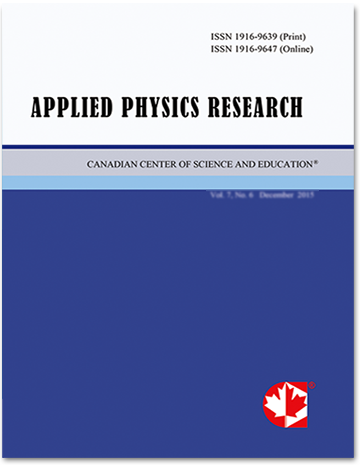Replication and Characterization of the Causally Ambiguous Duration-Sorting (CADS) Effect
- Julia Mossbridge
Abstract
It is generally assumed that information about the exact nature of truly random events can only be obtained after those events occur. One empirical apparent contradiction of this assumption is the causally ambiguous duration-sorting (CADS) effect, in which photon absorptions are measured before a truly random decision about the duration of an experiment is made. The only parameter varied across experimental runs is the duration between on- and off-times, yet the number of photons absorbed prior to this decision is related to the decision itself. This report focuses on further examining the CADS effect by characterizing the pre-decision periods for data continuously recorded for 365 days in an independent laboratory. A complex but reliable periodicity gave a conservative estimate of 4.7 for sigma across six comparisons of pre-decision photon absorptions with post-decision duration as the parameter. A linear CADS equation emerged to estimate magnitude at peak frequencies for each of four equiprobable post-decision durations. An apparently novel and unrelated relationship between photon absorptions and lunar phase was also revealed in the year-long dataset. Determining whether accurate pre-decision information about future durations is only available in retrospect requires further experimentation, but these results strongly support apparent retrocausality or at least causal ambiguity in groups of photons with shared classical boundaries in time.
- Full Text:
 PDF
PDF
- DOI:10.5539/apr.v17n1p85
Journal Metrics
Google-based Impact Factor (2017): 3.90
h-index (November 2017): 17
i10-index (November 2017): 33
h5-index (November 2017): 12
h5-median (November 2017): 19
Index
- Bibliography and Index of Geology
- Civil Engineering Abstracts
- CNKI Scholar
- CrossRef
- EBSCOhost
- Excellence in Research for Australia (ERA)
- Google Scholar
- Infotrieve
- LOCKSS
- NewJour
- Open J-Gate
- PKP Open Archives Harvester
- SHERPA/RoMEO
- Standard Periodical Directory
- Ulrich's
- Universe Digital Library
- WorldCat
Contact
- William ChenEditorial Assistant
- apr@ccsenet.org
